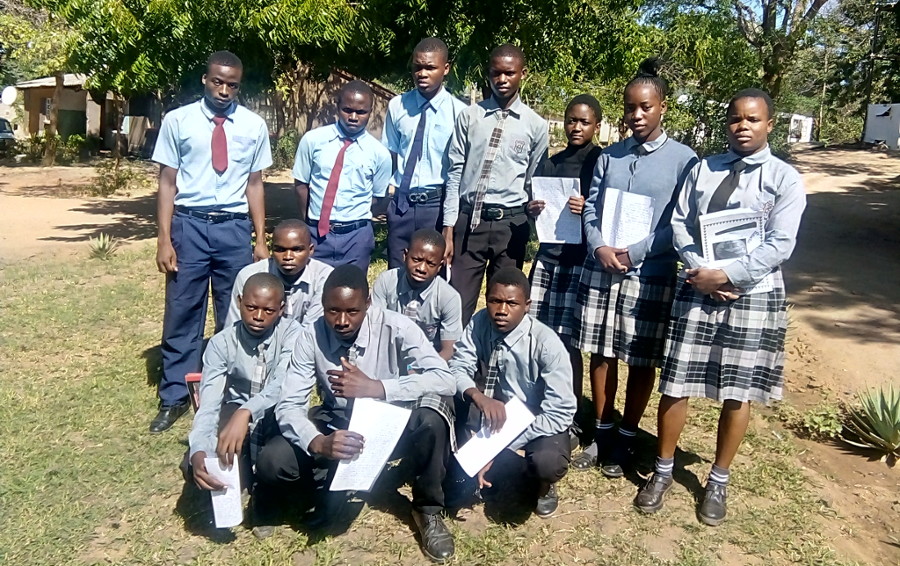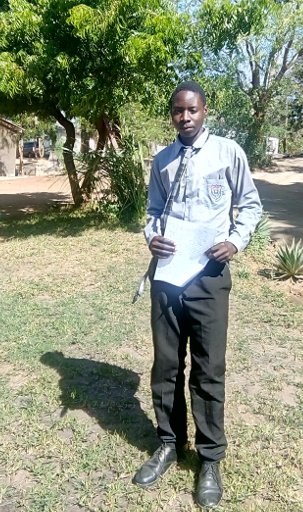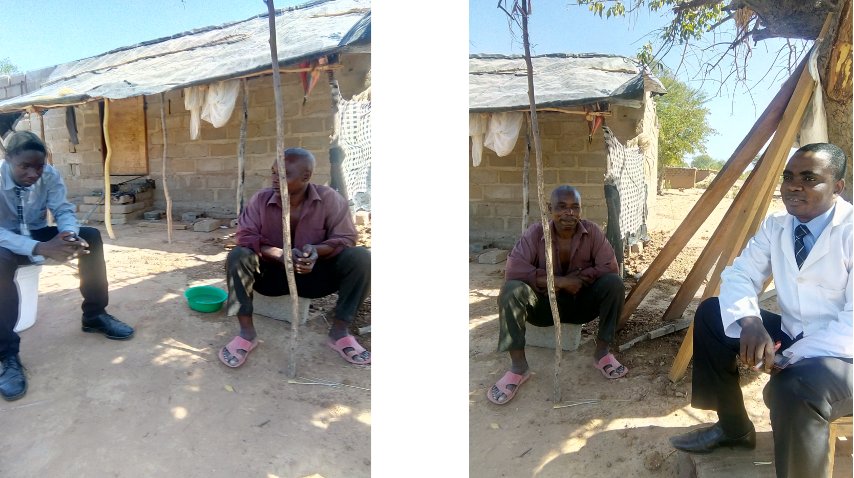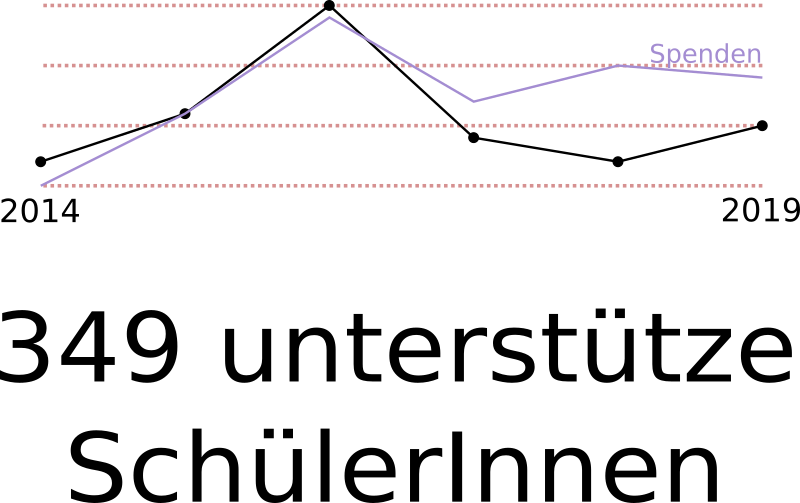Blog
Anual report 2019
For as long as six years our efforts are going on in Monze, Zambia. Time to look back on 2019 and the years before.

At the time of writing wide parts of the world are falling under the drastic influence of the Corona pandemic. We are therefore reading the anual report from our partners in Zambia not only with the familiar worries about challenges known for years. On top, we are increasingly disturbed with the foreboding of severe problems coming up in next year’s report. The first news about the pandemic in the Southern Province are reaching us not long after that.
The year 2019
The season 2018/19 has not brought much success to the small scale farmers. Building on top of that are the challenges depcited last year, caused by high inflation1 and weak currency2. Ergo the parents are continuing to struggle with meeting ends and paying school fees, even if the government is regulating those more. The ratio of drop-outs in Monze diocese consequently rose in times when education has to be seen as a luxury compared to the daily struggle for survival.
The schools themselves remain in financial distress, still hopelessly dismissing belated pupils from class. The Schulfee project therefore stays relevant and the schools continue to request support.
Nevertheless this report is a source of joy as well. It shows to you and to us, that we do not despair in light of these structural challenges, but engage in tangible aid for individual people in need.
Charles Mazila goes to Chirundu Secondary School. Due to an illness of his father the family does not have a regular income and goes by through selling fruits. For two years, Charles has not been able to finance his education. Then, in 2016, the community raised funds to pay for his fees and he sucessfully passed grade 7. Since 2017 he is supported by Schulfee and finished grade 10 in 2019.

“I was born on 25th January 2002. I am the 5th born in a family of six. I started school in 2009 while my father was working for Yalelo in Siavonga. When I was in grade six my father became very sick and could not work anymore to raise money for my school fees. At that point I dropped out of school because there was no one to pay my school fees. In 2015 we shifted from Siavonga to Chirundu and I started school at a community school but because my father was still sick and could not pay school fees, I dropped out of school again.
In 2016 some community members mobilized funds and paid for me until I completed grade 7. It was while the same community members where trying to fundraise for me to go to grade 8 in 2017 that the School fees project implemented by Monze Diocese picked me for support. My parents and I were very happy because there was hope for me to go to school again. I worked very hard and passed grade 9 exams seeing me into grade 10. It was not easy for my family to raise money because the only source of income was sale of fritters which I was also part of.

Both of my parents are sickly and that makes it difficult for us to meet ends. With this situation, it is my younger sister and I who have to do most of the house chores and sometimes miss school because we have to sell the fritters to raise money to buy food.
Since the time I was picked for support my father has been very happy but the worry still remains with my younger sister because only well wishers are helping her with school fees. I am so thankful to this support and may God continue to bless you”.
Most pupils from 2018 stayed in school in 2019 and passed their examinations - among them all ten pupils from Nkandabbwe who are now studying in grades 12, 11 and 10. Bruce from Chirundu has passed from class 11 to 12 and his for supported schoolmates have gone through to class 10.
All in all the year 2019 counts 47 supported pupils:
- Chirundu Secondary: 15
- Nkandabbwe Secondary: 30
- Chisekesi Secondary: 1
- Niko Girls School: 1
Schulfee 2014, 2019, …
In retrospect we observe a steady and lasting progress of the project as well as one single fundamental change.
In the early years the targets of Schulfee have been mainly on the lower grades, up to class 7. That made for comparably small school fees and was at the start of the project (sporting a tangible comparison of the price of one haircut, EUR 20, equal to one year’s worth of school fees). In 2017 the situation changed and the implementation of the “Free Education Policy”3 rendered our support for grades 1-7 redundant. Since then we concentrate on classes 8 and beyond, that have been targeted from the start but not exclusively. This means for us a rise of costs per pupil, since the fees are higher in the higher classes, and consequently a fall in absolute numbers of supported pupils.

2019 adds to the impressive total numbers of 349 supported pupils since the start of the project. Each abstract number represents a tangible personal fate, all of whom do not differ too much from each other, but each and every one being an example of perseverance, hard work and commitment in the face of difficult circumstances. This also motivates us in Germany to continue our commitment, even if the progress of the projects comes without big sensations.
We close with the words from Agnes Simoloka from the Development Office:
“We will continue to believe in one world, one people regardless of one’s status in society and for this we will always stand.”
-
See https://de.statista.com/statistik/daten/studie/382520/umfrage/inflationsrate-in-sambia and https://www.laenderdaten.info/Afrika/Sambia/Inflationsraten.php ↩︎
-
At the time of writing last year’s report one kwacha was worth approx. EUR 0.07, one year later just EUR 0.05 (04/10/2020, Google Finance) ↩︎
-
Confer the anual report 2017 ↩︎
